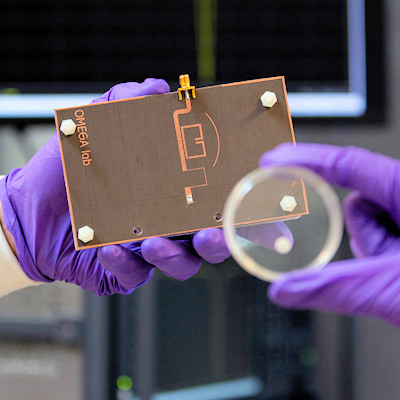July 28, 2022 -- An international team of scientists have found how to add the fluorine atom to macrolide antibiotics, which means not only changes in the final product’s structure, but also the ability to kill bacteria and work safely in patients.
Scientists from Goethe University in Germany started with a microorganism that is genetically programmed to produce the antibiotic erythromycin and wondered if they could genetically alter the drug to include one additional fluorine atom, which can often improve pharmaceutical properties. They found a part of a mouse protein that could be used for directed biosynthesis of these modified antibiotics, if added to a biological system that can already make the native compound (Nature Chemistry, July 25, 2022).
Working with scientists at the University of Michigan, the team used protein engineering to do exactly that, bypassing synthetic steps and dangerous chemicals, which is previously how fluorine was added. Instead, the scientists exchanged the native acyltransferase domain of a polyketide synthase, which acts as the gatekeeper for the selection of extender units, with an evolutionarily related but substrate-tolerant domain from metazoan type I fatty acid synthase. The resulting polyketide-synthase/fatty-acid-synthase hybrid uses fluoromalonyl coenzyme A and fluoromethylmalonyl coenzyme A for polyketide chain extension and introduces fluorine or fluoro-methyl units in polyketide scaffolds.
Fluorinated compounds are not ready for prime time in the clinic, but the findings illuminate a path for developing new antibiotics, antivirals, and anticancer medications, according to the team.
Copyright © 2022 scienceboard.net







